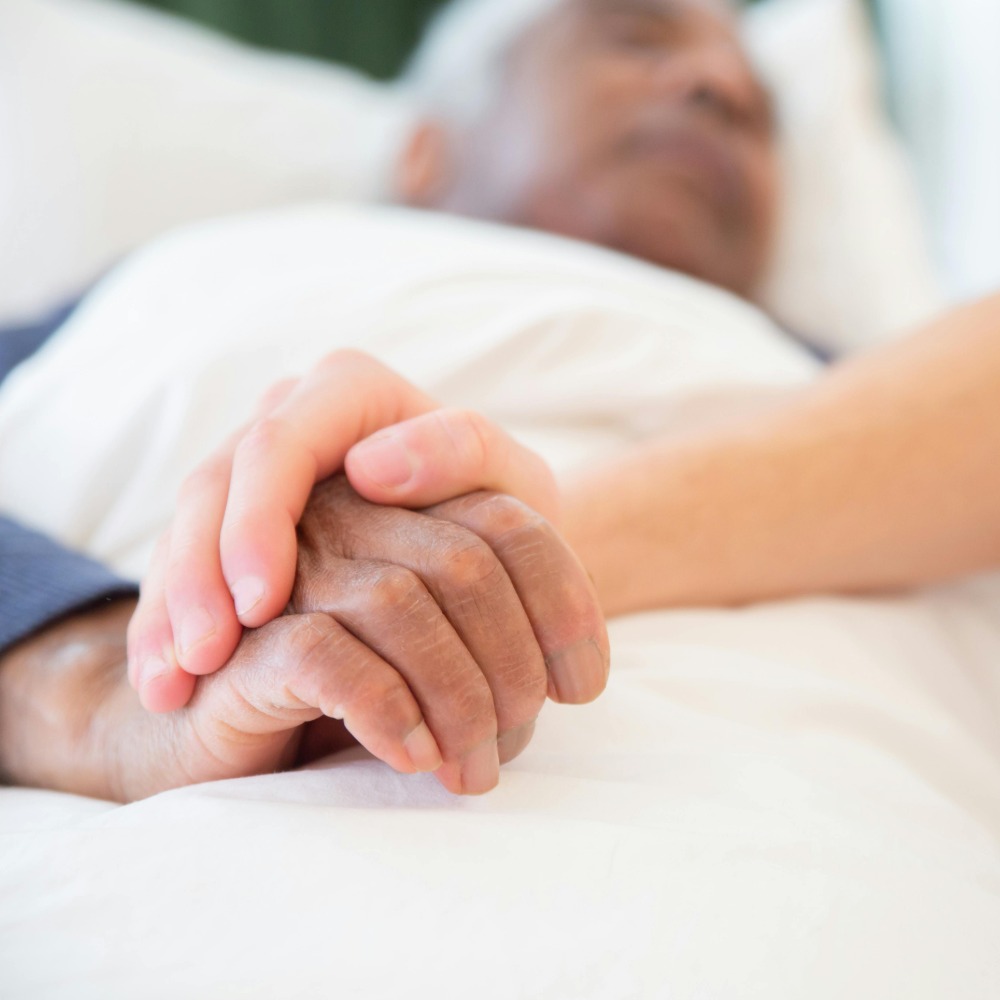
Not a place but rather a service, hospice care – sometimes referred to as palliative care – is the care that is available for people with life-limiting illnesses. While there are some facilities that people can spend their last months in, in South Africa, most of this care happens in the patient’s home.
There are a lot of myths surrounding end-of-life care, the biggest one being that it can result in an earlier death and that it means everyone has given up. This Hospice Week, here’s what you need to know about it so that you know your loved ones are getting what they need as they make life’s biggest transition.
1. It offers pain and symptom management
One of the main reasons for this type of care is that it can keep patients as comfortable as possible. This is done by nurses and trained caregivers who dispense medications that can provide relief from pain and other symptoms. The anxiety of being at the end of life can also be addressed for an improved quality of life.
2. The care is for the whole family
It’s not just the patient who might be in severe distress, but also their loved ones. End-of-life care is family-centric and also offers support in the form of counselling, education and even practical assistance. One way to prevent unnecessary stress is to make sure you have funeral cover in place with 21st Century Funeral Services.
3. Hospice is not just for the elderly
While a majority of people who receive this care might be senior citizens, it is for anyone who has under six months to live due to a life-threatening condition. This high-quality care is tailored to suit the needs of each individual and their family so that the final days are as peaceful as possible for everyone involved.
4. Emotional and spiritual needs are also met
It’s not just the body of the patient that is cared for, but the mind, too. Caregivers offer comprehensive care that includes helping people deal with emotions experienced during this transitional time so that they are supported on every level. Spiritual needs can also be addressed to give patients peace of mind.
5. Patients are involved in decision-making
They might feel that they have no control over what’s happening to them, but the autonomy of patients is prioritised during end-of-life care. Great lengths are taken to preserve their dignity, and they are involved in all the decisions relating to their care, giving them a sense of control over their death and ensuring their wishes are fulfilled.
When someone you care about is suffering and the end is near, consider hospice care as an option so that the transition is as comfortable and peaceful as it can be for everyone. Because not all heroes wear capes – some of them wear scrubs.
If someone you know could benefit from this type of specialised care, click here to contact the Association of Palliative Care Centres for more information.


